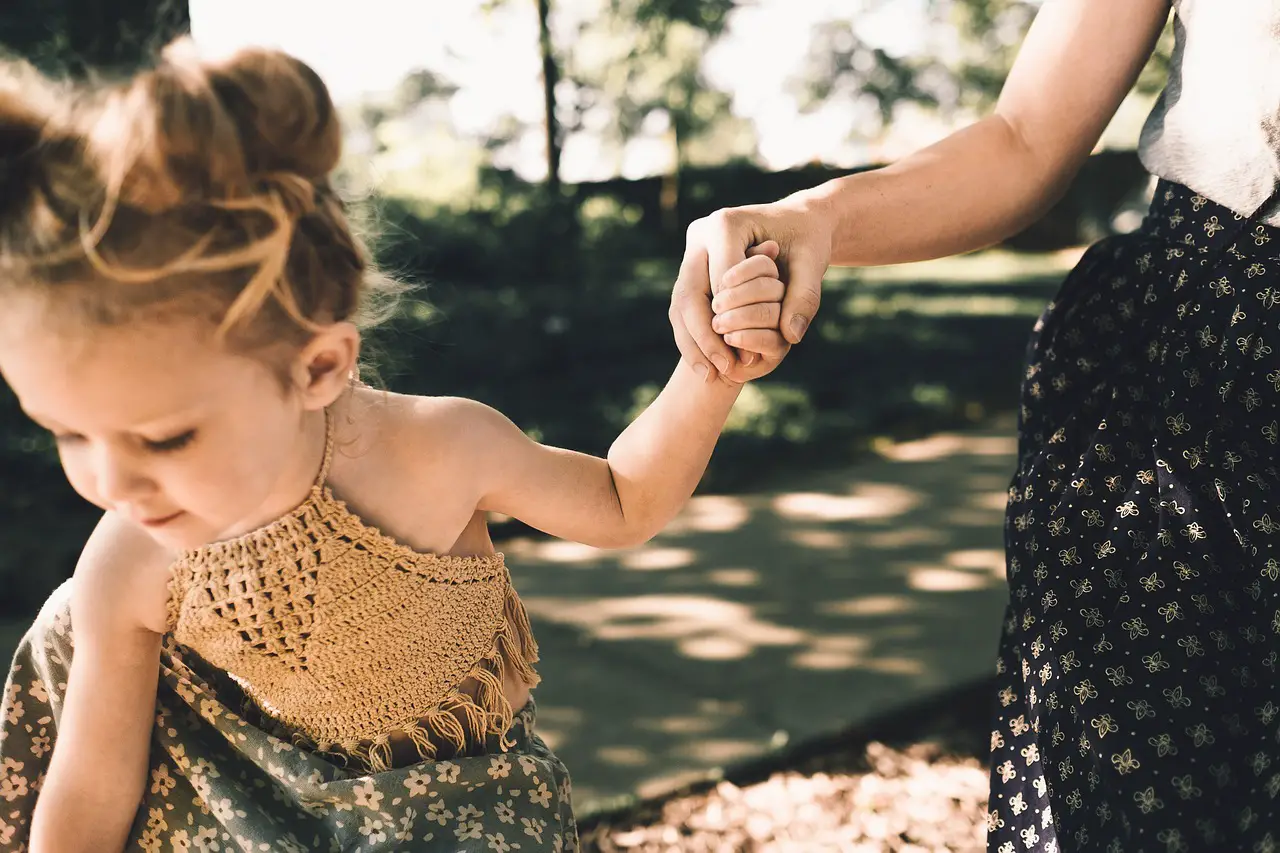If you are considering divorce, but haven’t made up your mind about it yet, one of the things you need to do is look into the laws and trends of child custody in your state.
Why? Because child custody is probably the most important issue facing women who get a divorce and have children.
On top of that reality is that laws dictating custody differ in every state, so you cannot go by the experience of friends who live in other states.
Your case will be unique, and the time in which you get a divorce will also be unique—the law does not stand still. Laws in effect last year may have changed.
Judges and attitudes about divorce can vary by county as well, so it is to your advantage to hire a good lawyer if you will be going through a divorce with children.
Once you’ve actually filed for divorce, your family’s structure will come under the court’s jurisdiction.
Where the children live while the divorce is pending will be one of the first issues you and your lawyer and the court will address.
At the very least, a judge will want to make sure you and your ex establish temporary custody of your children, along with guidelines for visitation rights for the parent who does not have primary custody.
This is especially true when the parents are battling for full custody and there is a concern that one parent may not allow the other parent reasonable access to the children.
This is what makes divorce with children very different from divorce without children.
These days however, barring major mental illness, drug abuse or physical abuse, the court recognizes the importance of fathers in children’s lives and shared custody is fairly normal.
So do bear that in mind, and remember that custody decisions are based on the best interests of the children not the best interests of the parents.
Custody Options
No matter what state you live in, these are the basic options when it comes to determining child custody after your divorce.
Full Custody with Visitation: one parent has all rights to make decisions on behalf of the child, with the other parent visiting the child according to a court-ordered schedule.
Full Custody without Visitation: one parent receives all rights to make decisions on behalf of the child, with no visitation awarded to the other parent. You would have to prove abuse or inability to care for the child in order to get this ruling made.
Joint Custody: both parents share equal rights to make decisions on behalf of the child. An agreement is made as to how much time is spent with each parent and when switches are made.
This is the most common form of child custody and generally works very well for children in families where there is no abuse or incapacity.
Courts may also make a distinction between physical custody and legal custody.
Generally, physical custody will determine who has the right to physically care for and house the child. Legal custody will refer to the parent with the right to make legal and medical decisions regarding the child.
The Child’s Best Interests
The courts will be interested in looking out for the best interests of your children while you go through the divorce process.
They will be looking to you for signs that you are making responsible decisions on behalf of your children, rather than trying to use your children as a weapon against your spouse.
It is easy to resist visitations or do other things that fuel your revenge fantasies in the moment, but the reality is, that’s bad parenting, and the court will take note of it.
That kind of behavior will show the court that you are not thinking about your child’s best interests. You may need to get counseling to deal with your behavior if you want to learn how to be a better parent during and after your divorce.
If a court believes that the parents are not making decisions responsibly, they can assign a guardian ad litem. The job of this professional is to look after the interests of a child when parents are going through a divorce.
The professional will keep up with all developments over the course of the divorce and will make recommendations to the judge according to what they believe to be in the best interests of the child.
Related: Can Parents Divorce Cause PTSD in a Child
Their job is not to consider what is best for you or your spouse. Their only obligation is to make sure that the needs of your children are well represented.
The best thing you can do is be a responsible and caring person, be sensitive and kind to your children, cooperate with the courts, and make every effort to think and act for your children first at all times.
If you are looking out for the best interests of your children there will be no need for a guardian ad litem to step in.
The worst things you can do are to lie, use the children as weapons, drink to cope with the stress, trash your ex husband or the courts in open online social networks, or create any other negative circumstances in an effort to ensure you get the child custody agreement you want.
Courts will see through those ploys and you could end up with severely restricted custody.
You need to remember that family law courts see all kinds of human behavior, and they recognize good parenting when they see it.

